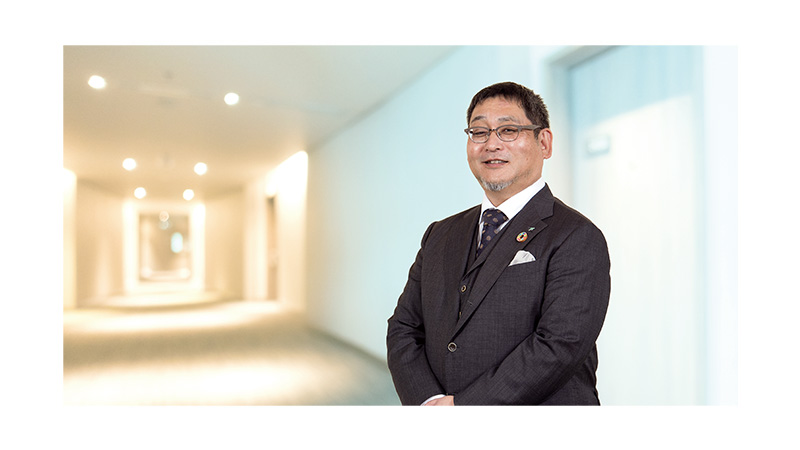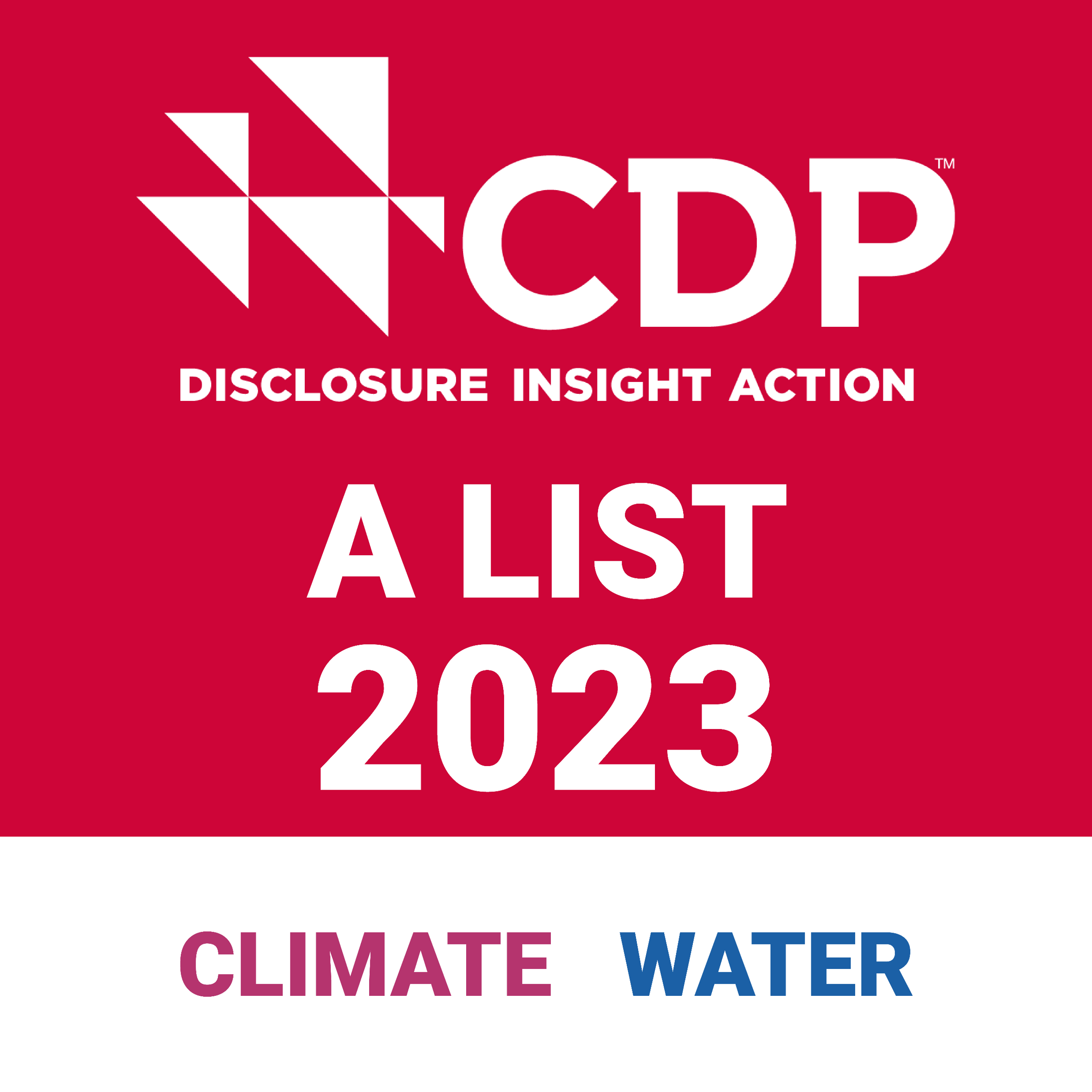Environmental management
In our more complex operations, we align our approach to environmental management with the internationally recognized standards ISO 14001 and ISO 50001.* In our smaller and less complex operations in Japan, we have implemented our own “JT Green System”, which promotes a simple and consistent approach.
ISO 14001 encourages businesses to think more broadly about environmental issues – not only those associated with their direct operations, but throughout their entire value chains. ISO 50001 provides a framework for our energy management system and helps us to continually improve our energy performance.
We are also working to streamline and better integrate our environmental and energy management systems with other business considerations, such as quality, occupational health and safety, and business continuity.
To objectively review our approach to environmental management and our overall performance, we use external disclosures and ratings agencies, such as CDP and the Dow Jones Sustainability Index (DJSI).
ISO 14001 certification
We use ISO 14001 as the framework for our environmental management systems to manage significant environmental aspects, mitigate risks, and optimize opportunities. We track the proportion of our cigarette and tobacco-related factories that are certified to ISO 14001. See data for the current and past certification of our factories.
*ISO 14001 and ISO 50001 are the internationally recognized standards for environmental management systems and energy management systems, respectively. These standards do not prescribe absolute performance requirements. Rather, they provide us with a framework to help build effective management systems that deliver continual improvement in environmental and energy performance.
CDP 2023 A List and Supplier Engagement Leader 2023
We achieved a place on CDP's prestigious “A List” for both tackling climate change and water security in the 2023 CDP environmental disclosure program. This is the fifth consecutive year to be listed in the Climate Change A list. In addition, CDP recognized us as Supplier Engagement Leader 2023 in addressing climate change for the fifth consecutive year.
We are honored that the JT Group has been recognized on CDP’s A List and for the fifth consecutive year. This inclusion reflects our continued efforts to reduce our environmental footprint and expand our transparency in disclosing information.
In February 2024, we have set the JT Group Sustainability Targets with specific goals and initiatives. In setting the targets, we placed importance on the relationships and ties with the JT Group Materiality.
‘Living with the Planet’ is one of the five material issues and a key aspect in the JT Group Materiality. We have set targets such as ‘Emission reduction’ or ‘Protecting water’ for this material issue.
We aim to achieve the sustainable relationship between nature, people, and businesses through efforts to improve the impact of our activities on the environment. These targets will support our goals of contributing to the sustainable development of society by further fulfilling our responsibilities and maintaining the trust of our stakeholders.
Hisato Imokawa
Chief Sustainability Officer
(As of January 31, 2024)

Our latest submission to the CDP can be found here.
A greener approach to procurement
Green procurement is critical to improving environmental performance. We established a Sustainable Procurement department in June 2020. This department leads sustainability-related initiatives, mainly for packaging and other relevant categories, supports sustainability activities to achieve the JT Group sustainability targets, and engages with suppliers on sustainability topics through close collaboration.
In our Japanese operations, we have green procurement guidelines to ensure that the products and services we purchase cause minimal environmental impact. These guidelines include lists of green products and services, such as stationery, computers, and transportation services. We review and update the guidelines periodically, based on the availability of new products and services, and monitor how many of the listed products and services we purchase.
Our green procurement approach is not only about purchasing goods and services. We also encourage and work with our suppliers to improve their overall environmental management and performance. Energy efficiency is one of the key criteria for the purchase of goods and services in our Global Supply Chain division. In 2021, we launched the Green Mobility Program in our tobacco business. The purpose of the program is to help decarbonize our fleet and reduce emissions associated with work-related and private travel. The program is supported by our Green Mobility Handbook and communications campaigns across the business. In 2022, we concluded work listing the key Non-tobacco materials suppliers that contribute significantly to our carbon footprint. In 2023 we will focus on suppliers' climate change programs together and support them to build climate change management programs where necessary.
Building environmental awareness and expertise
Across the Company, we strongly believe in the importance of raising awareness of environmental issues among all employees. To do this, we run training and awareness campaigns every year, and we regularly publish articles and updates on our Company intranet.
To improve the environmental performance of our operations, we have appointed personnel responsible for environmental management at each of our business sites. These employees are trained in environmental management systems and the relevant regulatory requirements. We also offer a more advanced course for staff who are responsible for internal auditing and reporting environmental data.
In addition, our internal auditors go through a certification process to ensure that we apply a consistent approach across the JT Group.
As a further step to raise awareness of environmental issues and our sustainability initiatives, we hold regular Sustainability Awards and Sustainability Days.
There are also many other activities and events at global and local levels, including information sessions on emissions, resources, and waste.
Currently we are enhancing our sustainability communications, increasing awareness and engagement of employees on sustainability matter.
